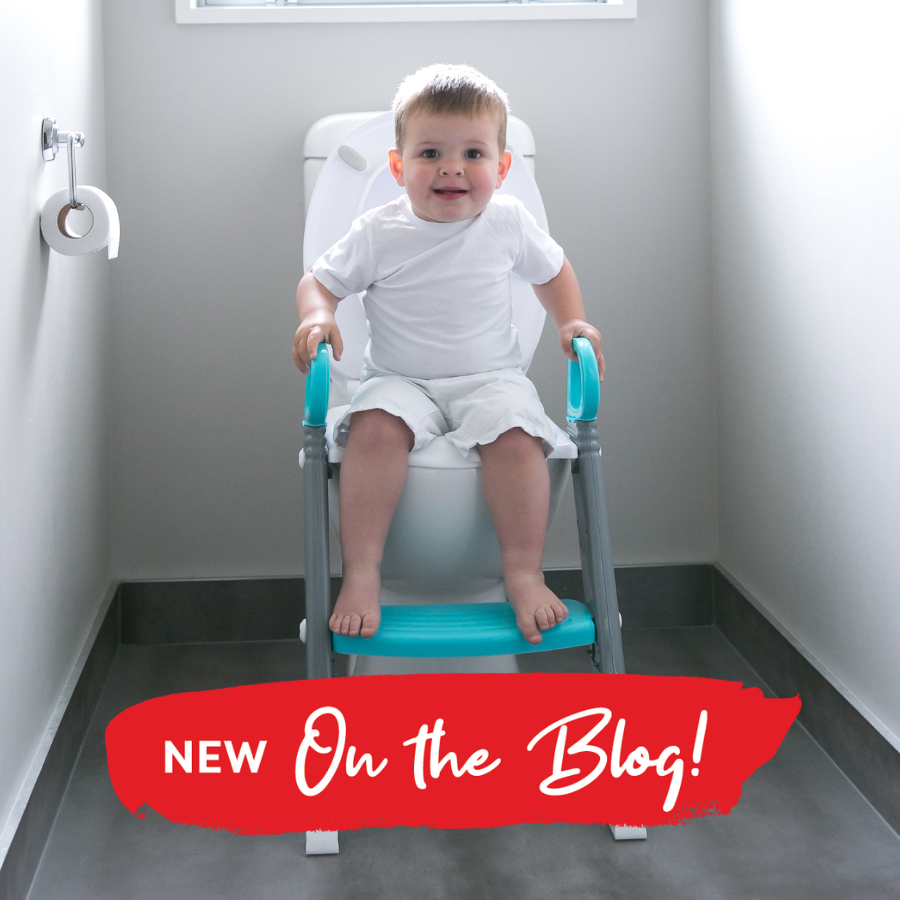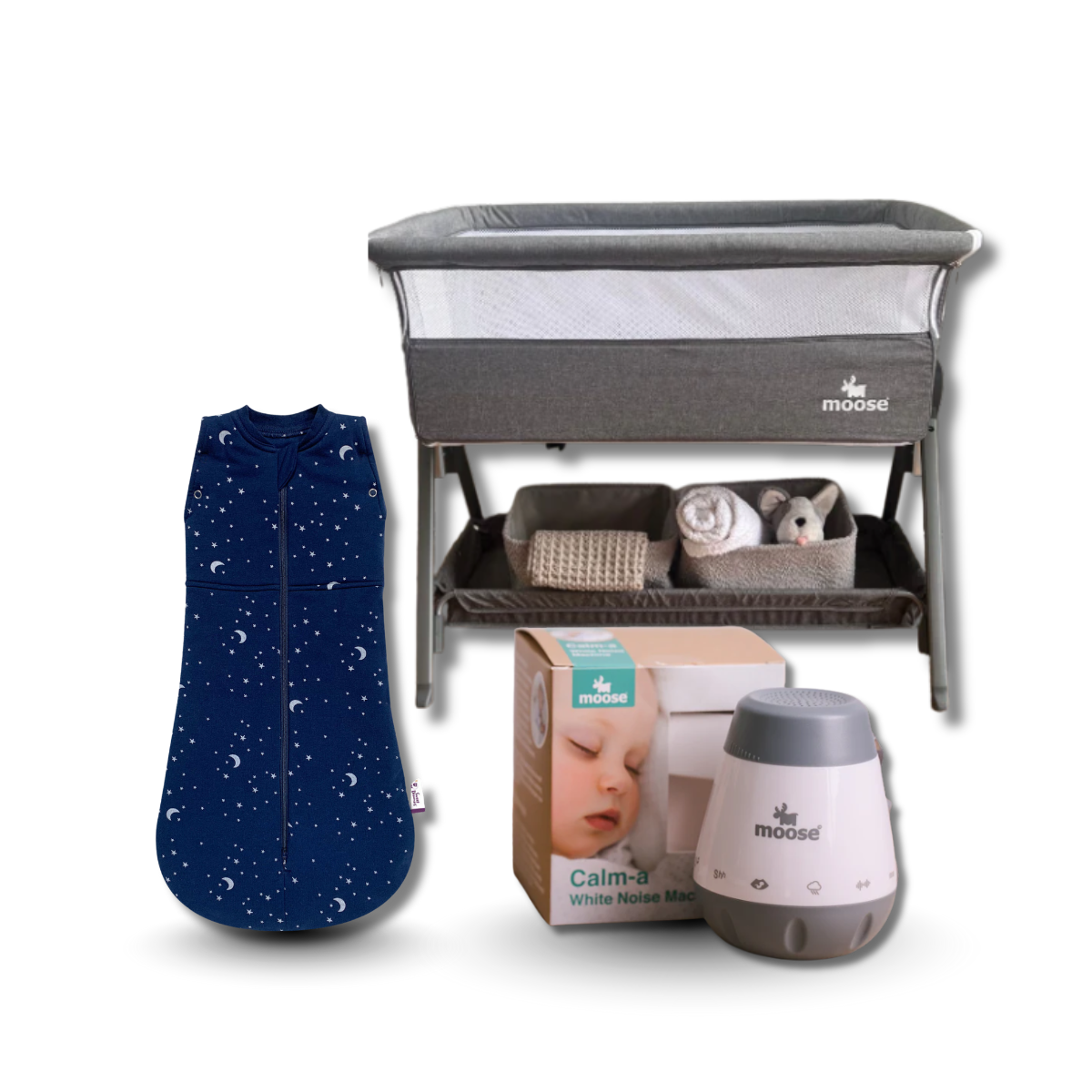Bedwetting can be hugely challenging, both for parents and their bedwetting child. The daily workload of washing sheets and pyjamas, the efforts to keep bedding and mattresses free from urine and not forgetting the frustration and often embarrassment caused from wetting the bed night after night.
Remember, you are not alone. Although often not talked about, bedwetting is common amongst 5 and 6 year old's and up to 30% of this age group still wet their bed. Children reach milestones at different ages in their life and learning to control their bladder at night is another developmental milestone. Bedwetting is often hereditary and despite how you may sometimes feel, bedwetting it not your child’s fault. Almost all children want to stop, but simply can’t.
Here are some tips to help you and your child combat bedwetting once and for all:
- Increase daytime fluids and toilet visits. Research suggests that children who drink water throughout the day and visit the toilet regularly will improve their bladder health resulting in improved night time dryness. Use a Vibrating Reminder Watch to remind your child to drink fluids and visit the toilet regularly throughout their day.
- In simple terms teach your child how their bladder works. Encourage him to ‘take his time’ and relax on the toilet. Children who rush often don’t empty their bladder completely.
- Rule out constipation. Even though you may not think your child is constipated, it's important to make sure it isn't a problem. Solving any constipation issues is your first step to dry nights.
- Don't offer incentives. Offering your child a new bike or toy to stop wetting the bed can result in frustration and disappointment. Encouraging your child is good, but don’t set him up to fail. If he could stop, he would stop.
- Don’t restrict fluids. While it is true that drinking too much before bed can contribute to wetting, it’s often not the cause of bedwetting. Avoid fizzy or caffeinated drinks but don’t go overboard restricting fluids, instead, encourage regular fluid intake throughout the day.
- Don’t lift your child to the toilet each night. Lifting is of little use, and may even prolong the problem. Your child has to get used to waking up when his bladder is full. Children often do not remember being lifted, and it usually does not help to achieve their own bladder control.
- Avoid nappies or pull-ups. If you and your child are ready to address bedwetting, then avoid using nappies or pull-ups. He needs to feel the wetness in order to engage his brain to recognise the sensation to urinate.
- Rule out medical causes. Check with your doctor to ensure your child has no underlying medical conditions which may be contributing to their bedwetting. This is especially important if you child has been dry at night and unexpectedly starts wetting.
- Don’t wait too long to address the problem. Many children simply grow out of bedwetting but if you get to the point where your child is frustrated or embarrassed, then take steps to address the bedwetting now.
- In combination with the above tips, a bedwetting alarm is the mostly commonly-used solution to bedwetting. Bedwetting alarms teach your child's subconscious reflex in the brain to recognise the sensation they need to visit the toilet or 'hold on' until morning. Bedwetting alarms are 100% safe and recommended by specialists.
Our final piece of advice is to seek help & reliable information. Coping with a child who wets the bed every night is hard work. There is plenty of conflicting advice around this topic, so do your own research. We've put together a comprehensive, easy-to-read guide around bedwetting and solutions. You can download our FREE e-book on bedwetting here.









